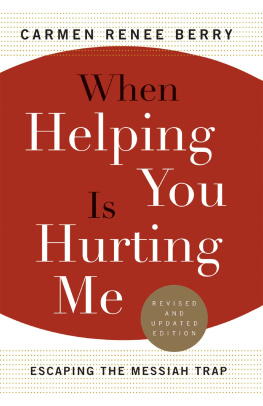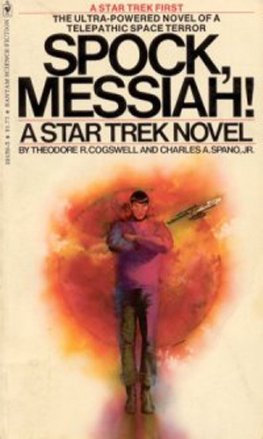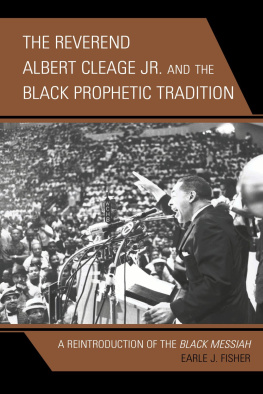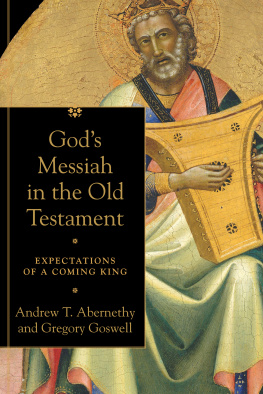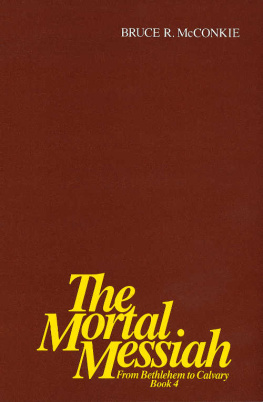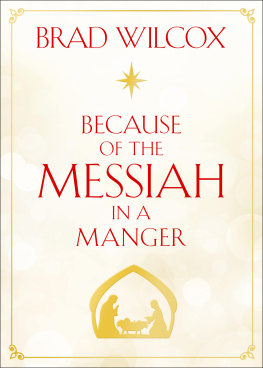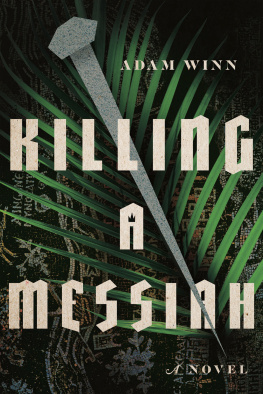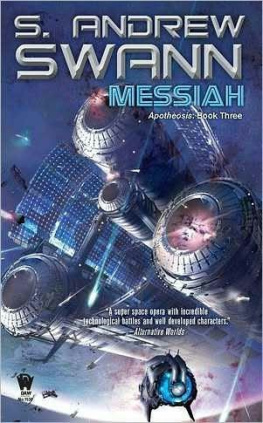Other Books by the Author
Loving Yourself as Your Neighbor: A Recovery Guide for Christians Escaping Burnout and Codependency (with Mark Lloyd Taylor) (1990)
How to Escape the Messiah Trap: A Workbook (1991)
Are You Having Fun Yet? How to Bring the Art of Play into Your Recovery (1992)
girlfriends: Invisible Bonds, Enduring Ties (with Tamara Traeder) (1995)
Whos to Blame? Escape the Victim Trap and Gain Personal Power in Your Relationships (with Mark W. Baker) (1996)
Coming Home to Your Body: 365 Simple Ways to Nourish Yourself Inside and Out (1996)
The girlfriends Keepsake Book: The Story of Our Friendship (with Tamara Traeder) (1996)
Is Your Body Trying to Tell You Something? Why It Is Wise to Listen to Your Body and How Massage and Body Work Can Help (1997)
girlfriends Talk about Men: Sharing Secrets for a Great Relationship (with Tamara Traeder) (1997)
girlfriends for Life: Friendships Worth Keeping Forever (with Tamara Traeder) (1998)
a girlfriends gift: Reflections on the Extraordinary Bonds of Friendship (with Tamara Traeder) (2000)
girlfriends get together: Food, Frolic, and Fun Times (with Tamara Traeder and Janet Hazen) (2001)
Reawakening to Life: Renewal after a Husbands Death (with Mary Ellen Berry) (2002)

The Crossroad Publishing Company
www.crossroadpublishing.com
Copyright 2003 by Carmen Renee Berry
Cover design by Stefan killen
All rights reserved. No part of this book may be reproduced, stored in a retrieval system, or transmitted, in any form or by any means, electronic, mechanical, photocopying, recording, or otherwise, without the written permission of The Crossroad Publishing Company.
Cataloging-in-Publication Data is available from the Library of Congress.
ISBN 978-8245-2108-0
EPUB ISBN 978 0 8245 9975 1
MOBI ISBN 978 0 8245 9976 8
For my mother,
Mary Ellen Berry,
and in memory of my father,
David Abbot Berry,
and for the good kids
who have fallen into the Messiah Trap
Contents
How I Learned about the Messiah Trap
It seems impossible that its been more than sixteen years since the concepts for When Helping You Is Hurting Me congealed in my mind. Reviewing and updating this material has shown me several things. First, I have to acknowledge that, back in the mid-1980s, I had more insight than practice under my belt. After two decades of recovery, I am grateful to report that my life is more creative, my relationships are more intimate, and my interior world more at peace than when I first penned this manuscript. There really is life after the Messiah Trap.
Another thing struck me while reviewing this material. We as a society, as a global community, have not changed for the better. Child molestation cases are rampant, with many being discovered inside our religious institutions. Physical violence is on the rise, both between individuals and nations. Anxiety pervades the media, and more and more children are being subjected to all kinds of emotional, spiritual, physical, and sexual abuse. In spite of an increased awareness of abuse in our society and the tremendous impact of the recovery movement in the late twentieth century, addiction to substances and processes are on the rise. I would have hoped that this book would not be needed at this point in history. But it is.
We are grappling with the same issues as a society that I did personally back in the early 1980s when I was working as a social worker with child and adult victims of child sexual abuse. I wanted to get to the core of the problemto the offenders to discover why they abused children in the first place. I was tired of simply treating the victims; I wanted to prevent the occurrence of abuse. Consequently, I gained access to a treatment facility that housed convicted of child molesters.
I entered those barred rooms expecting to meet monstersvile and almost nonhuman beings for whom I would feel hatred and repulsion. It was impossible for me to fathom how I could have anything in common with someone who had sexually violated a child. I was surprised by the many normal faces that greeted mefaces of sadness, confusion, rage.
Ten of these men volunteered to be interviewed on audiotape, to help educate parents and others on how to protect children from molestation. Two outstanding features from those interviews eventually became the basis for When Helping You Is Hurting Me.
The first came as a result of answering my question How did you choose a child to molest? The answer was consistent: I chose a kid who reminded me of myself when I was a childvulnerable, lonely, innocent. As we explored further, each man described how he was molested or physically violated as a young boy. Unable and unwilling to address their own victimization in a direct manner, however, these offenders vicariously experienced the pain, rage, horror, and sadness through their victims.
My discussions with these sex offenders began to resemble my sessions with those clients in my practice who were victims of abuse. Similarities emerged as well as contrasts between the two populations, with a consistent overlapboth victims and offenders had experienced violation as children. I realized that offenders were human after all; in fact, they were very much like the hurt little children in my client load.
The second insight hit much closer to home when I realized that these ten sex offenders and I did have something in commonvictims. We both seemed to need to have a relationship with someone in pain.
I asked, Why do you continue to molest children when you know it is harmful? The offenders answers held the same despair and helplessness that might be felt by the alcoholic or drug addict: I hate myself when I do it and I want to stop, but I dont know how. These men seemed driven, addicted, to having intense, emotional, yet hurtful relationships with their victims.
As I observed my own behavior and those of many mental health professionals with whom I worked, I saw a similar compulsion. We also seemed driven, even addicted, to having intense and emotional relationshipsonly we were trying to help. As I drove away from the prison that day, I was hounded by questions that filled my mind: Why do I spend all my time helping others? Could I stop if I tried, or am I addicted to helping? Why did I choose to work with people in pain? Could it be because, like the offender, I am not willing to face my own pain directly?
I took an honest look at my life and what I saw surprised me. I thought I was doing the right thing by helping people. But I used helping others to avoid being intimate with them. I set myself up as a better, more together person. The truth is, I was hurting, deeply hurting, but I didnt know how to signal for help.
In the past twenty years, I have benefited from a variety of treatment and recovery approaches. In addition to individual psychotherapy, Ive participated in twelve-step recovery groups. I found that massage and bodywork were extremely helpful in identifying and recovering from childhood abuse. My writing has been healing, as have other creative outlets. My friends and my mother have been invaluable in my healing.

